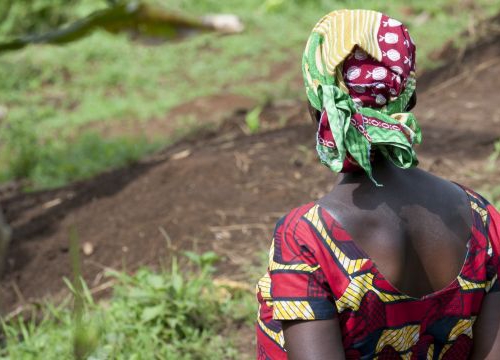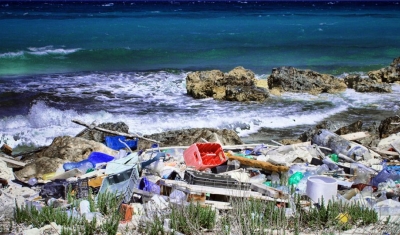Implementing International Human Rights Standards to Ensure Food Sustainability


ICRC
3 December 2018
Today, about 800 million people around the world suffer from hunger, and about 2 billion lack the essential micronutrients they need to live healthy and active lives.
The reflexive response to a growing demand for food and higher prices is to increase the productivity of food systems. However, there is a rising consensus among agricultural scientists, economists, policy-makers and civil society groups that this approach is not the solution to food crises.
Building on this reflexion, our new Research Brief Human Rights and Food Sustainability identifies a number of international human rights standards that should be taken into account by law and policy makers when developing normative and policy frameworks governing food systems.
‘While there is a growing consensus about the need to change our food policies and related laws and to rethink food systems to achieve food sustainability, international human rights law provides both concrete guidance for these changes, as well as binding standards which should be reflected in national laws, policies and programmes’ underlines Dr Adriana Bessa, Senior Research Fellow at the Geneva Academy and author of the publication.
Rethinking the Objectives of Food Systems
The Research Brief highlights that food systems should contribute to the realization of the most fundamental rights of the individuals and communities living in the territories they operate, without discrimination.
‘We formulate, on this basis, a series of recommendations to governments and the private sector to ensure that food systems contribute to improving food availability, accessibility and adequacy’ explains Dr Adriana Bessa.
‘Protection of workers’ rights, the elimination of child labour, gender equality, environmental protection or the democratic governance of natural resources also constitute key elements to ensure food sustainability’ adds Dr Adriana Bessa.

Research for Development
This Research Brief has been developed in the context of our six-year research project on food sustainability. It aims, on the basis of research carried out in Bolivia and Kenya, to provide evidence-based knowledge for the formulation and promotion of innovative strategies and policy options to improve food sustainability.
The project now is going to apply the food systems assessment framework (FoodSAF) designed in the first three years of the project in other countries in South America and Africa. In addition to Bolivia, transformative pilot actions aiming at fostering more sustainable food systems will be applied in Brazil and Peru. In Africa, our team will also work in Ghana and Zambia.









